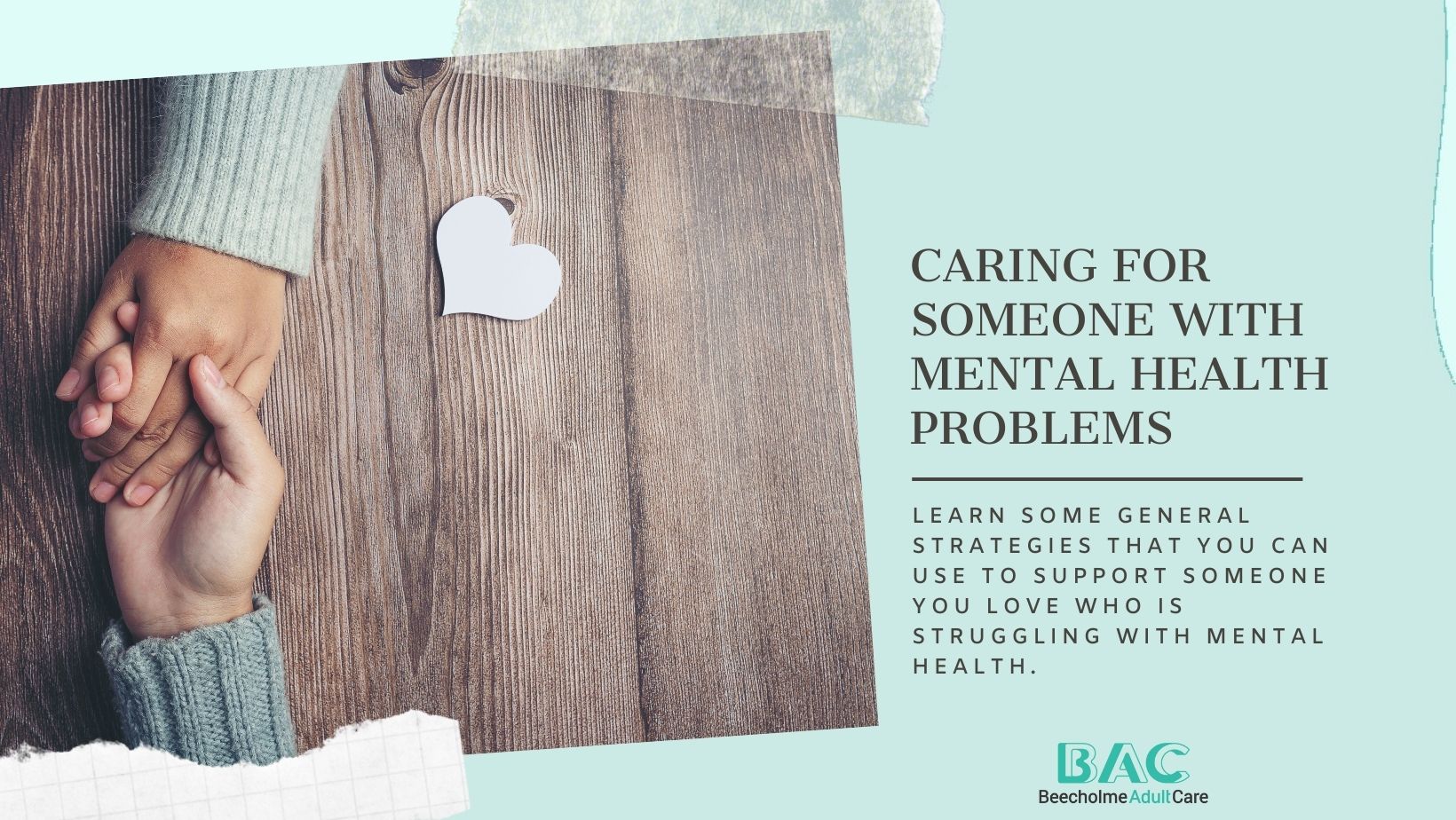FOMO - definition and how to overcome it
FOMO. The Fear of Missing Out.
Yes, FOMO is a real condition. A form of social anxiety.
It is the fear of not being the centre court of ALL that is going on, just in case you miss something fun, something status-worthy.
Of course this fear is nothing new, but It is now magnified by social media. At any time of the day, we can log in and see visual proof of what everyone is doing with their lives, and this can lead to feelings of self-doubt and regret that our lives don’t compare favourably to others. “Why am I not doing these cool things as well?” is a common thing to think when we’re in the midst of FOMO.
While it’s normal to have feelings of FOMO every now and then, for some people, FOMO can have a more intense and negative effect on their emotional wellbeing.
How does FOMO affect our mental health?
The negative effects of FOMO are many; with the increasing usage of social networking, across the board, people of all ages, and walks of life are impacted. According to research analysis, the foundation of FOMO lies in psychological deficits in the competence of people and their relatedness needs. To satisfy these needs, people turn to social media applications, which provides them with a stream of informational rewards.
In a way, FOMO enhances social media addiction, because it creates compulsive desire to stay connected to the lives of other people and view the world through a virtual window.
The representation of peoples’ life on social media is a distorted version of life because it depicts only the perfect bits, and not the whole, accurate picture. Some can even say that it is a kind of false reality. This ‘false reality’ creates in people, a sense of dissatisfaction and FOMO.
FOMO can worsen existing mental health problems, like exacerbating inferiority complexes, reduced self-esteem, loneliness, mood swings, and social anxiety. The latter can impact the way one interacts with others in a face-to-face situation.
People who are addicted to social media have a high fear of missing out. This fear keeps them less focused on themselves, and more focused on what other people are doing. Consequently, their sense of identity diminishes and they struggle with low self-esteem.
Furthermore, the focus on other people’s lives—including those of friends or celebrities—keeps them from living their own life. People spend hours watching the day-to-day activities of other people, hooked on their social media, and end up feeling worse about themselves.
This dependency on social media and curiosity to see what other people are doing can extend to the point where anxiety can occur.
You may have FOMO if you do any of the following …
- Saying yes when your heart says no
- Scrolling endlessly through Facebook and other social media feeds
- Constantly checking your phone
- Sleeping less
- Compromising self-care practices
- Rushing
- Not making plans until you hear all options
- Choosing convenience over quality
- Wasting time feeling bad about what you missed, or exhausted for attempting to do it all
How do we overcome FOMO
FOMO stems from your thoughts and mindset. Getting rid of the feeling isn’t an easy task. Here are some pointers that can help.
1. Take a Break from Social Media
Constant social media use puts us in the spectator seat of life and can increase our feelings of missing out. Taking a break helps us shift our focus towards living more productive and rewarding lives ourselves.
Consider these ideas for limiting your social media use:
- Schedule social media for certain times of day; avoid it at other times.
- During family meals, corral your phones into one place.
- Stay offline one day a week.
- Go on a social media fast for 1-4 weeks.
Limit screen time in general by choosing one or two news outlets, a few blogs, and YouTube channels you want to follow. If you add a new one, let go of one
2. Connect with family and friends
Ironically, being over-connected with a mob of on-line friends can diminish our connection with our real life friends. Instead of spending your evening watching what everyone else is doing, invite someone for dinner. Put your phone away the minute they ring the doorbell. Meet a friend for coffee, play a game with your kids, or call your parents. Investing in our real time people will deepen our relationships and make life more rewarding.
3. Practice Gratitude
Social media can awaken “not enough” thoughts. “My clothes aren’t stylish enough. My car isn’t new enough, and my house isn’t big enough,” we think. When we practice gratitude, our sense of abundance grows. Take time to notice small blessings. Savor your morning coffee. Look into your child’s eyes and give thanks for the wonder you see in her.
Each evening before bed, remember good things about your day. In the morning thank God for a new gift of twenty-four hours. Be on the lookout for beauty. Contentment grows when we take time to appreciate what we have.
4. Try new things
Rather than watching the cool things other people are doing on social media, why not make our own lives more memorable? Plan a trip to a place you’ve never been. Make time to visit parks, museums, and points of interest around your city.
Learn something new. Attend a cooking class or try different recipes. Try a new hobby, handcraft, or sport.
5. Slow down
FoMO works like a hamster wheel. The faster you run, the faster it goes. Rather than feeling obligated to attend every event and party, let’s do less so we can enjoy it more. Rather than running after every work-related opportunity, what if we focus on being more effective with fewer goals? Rather than living overloaded by information, let’s enjoy occasional silence.
Let’s grow more intentional about living the life we really want.
6. Practice meditation
Meditation can help you become more mindful of your thoughts and feelings and how they affect your life. Taking a few minutes to meditate each day can help clear your mind and reduce anxiety.
7. Change your thoughts
According to psychologists,FOMO can actually be a form of cognitive distortion. Cognitive distortions are irrational thought patterns—such as believing your friends don’t like you if you weren’t invited to a recent event—that can lead to depression and other mental health conditions. Cognitive behavioral therapy techniques can help people learn to spot cognitive distortions when they occur and transform them into more positive and constructive thoughts.
Unplugging from technology, redirecting your thoughts, and seeking help from a qualified mental health professional are all ways you can stop worrying about what you’re missing out on and start feeling confident in the way you choose to spend your time.
A counsellor or psychotherapist creates a safe, non judgmental space for you to get honest about how you really feel about yourself and your life. You can then start to recognise the ways you can move forward and feel more confident.








